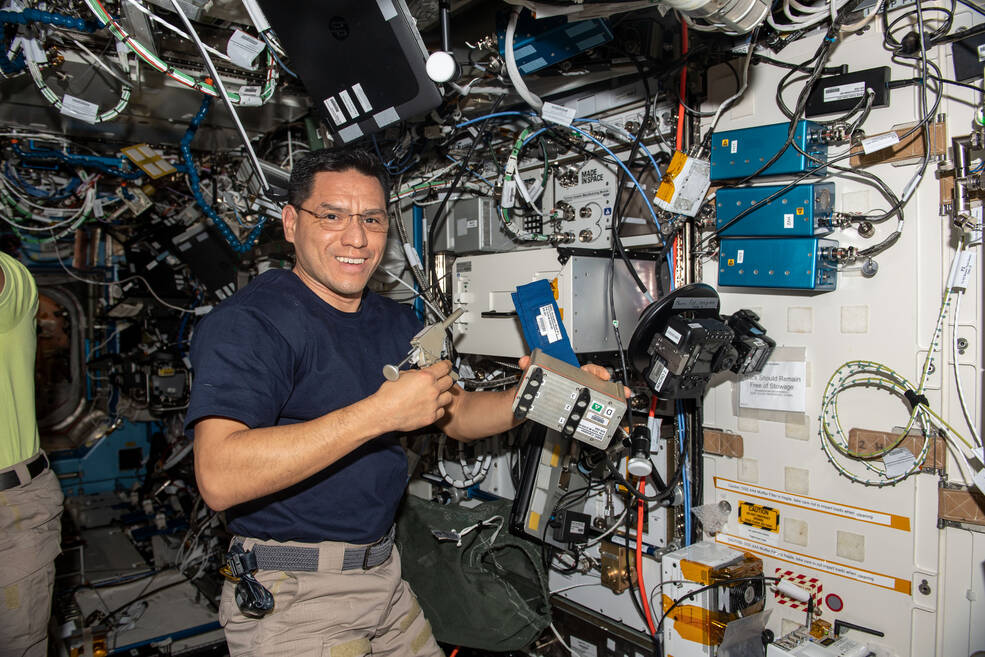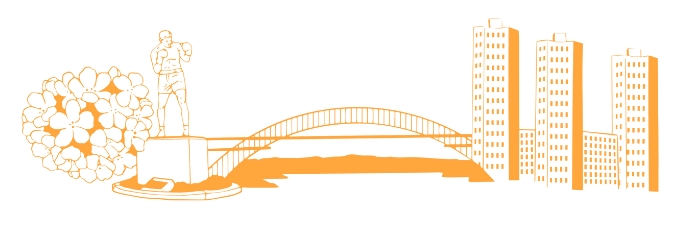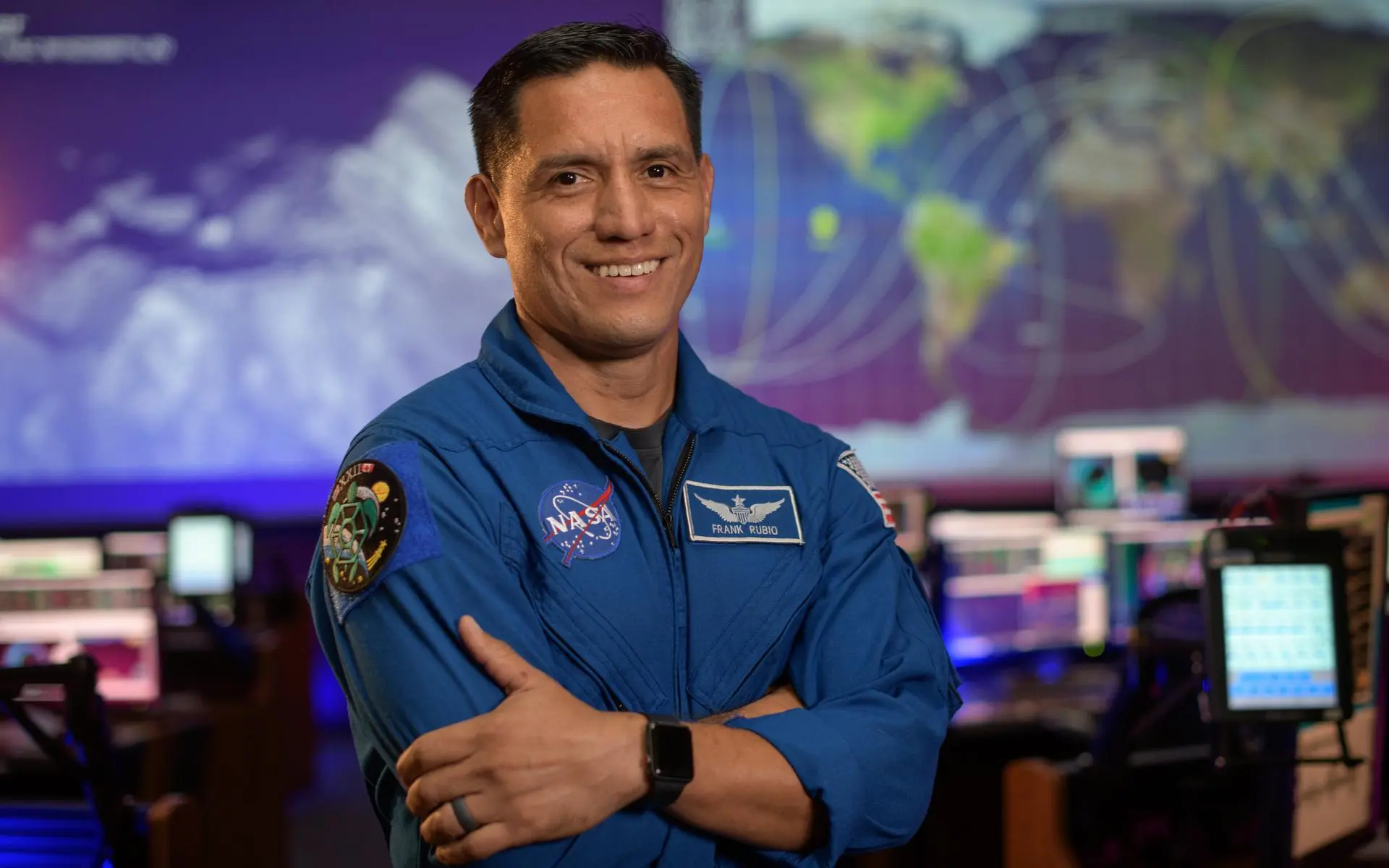Making history and breaking records are just a couple of things that NASA astronaut Frank Rubio can now add to his already impeccable career.
Rubio set a new record as the first American to spend an entire year in orbit, which is also the longest duration any American astronaut has spent in space. And to add on top of that, he is the first Salvadoran to do so.
Originally Rubio and his Russian cosmonauts Sergey Prokopyev and Dmitri Petelin were supposed to return to Earth in March 2023 after launching the mission on Sept. 21, 2022. But a leak in the cabin made it unsafe for return, so they were forced to stay longer.
They landed in Kazakhstan on Sept. 27, 2023, after spending 371 days in space. That is 16 more days than previous record holder American NASA astronaut Mark Vande Hei.
While Rubio might have spent more time in space, on his first ever spaceflight, than he would have anticipated, he acknowledged the triumph that this journey could cause for latinos.
In an interview he had with Univision back in March, he stated, “many Hispanics in the future will have an opportunity to be here as well.”
Rubio, Prokopyev, and Petelin, went to space to conduct scientific investigations in technology development, Earth science, biology and human research.
Rubio’s Influence on Hispanics

Becoming the 12th Hispanic to reach the International Space Station (ISS), is regarded as a huge achievement as there are very few Hispanic Americans that are found in the STEM field.
Former West New York resident, Claudio Amaya, who is a Salvadoran in STEM, expressed feeling hopeful seeing someone like Rubio accomplish success.
“We have a lack of representation in every (STEM) sector that includes federal, academic and industry fields,” he told Slice of Culture. “We lack mentors who look like us and that understand our experiences as being part of marginalized groups. It makes me realize there is much more we can do and that if he did, so can I.”
Hispanics are very underrepresented in the field, with only 8% of them working in the STEM workforce, according to the Pew Research Center. And sometimes it’s even harder for the first generation Hispanics entering the field.
Amaya, who is now in grad school doing research, explained that being a first generation in the field feels like he is trailblazing and making his own path, especially when he is one of few people of color in the room. Having people like Rubio and other Hispanics succeed, helps him keep moving forward when difficulties arise.
But with his long accredited career, Rubio has impacted people beyond STEM.
Carmen Guzman, originally from El Salvador, has been following Rubio’s journey in space since last year and expressed her gratitude towards Rubio and what he has done for the Hispanic community.
“You have to feel proud as Salvadorans and Hispanics. Let’s feel proud that we have someone representing us in the medicine and science field,” she stated. “Us Salvadorans feel identified.”
Before being selected to join the NASA Astronaut Class in 2017, Rubio had served as a UH-60 Blackhawk helicopter pilot flying more than 1,100 hours including combat hours.
He also earned a Doctorate of Medicine from the Uniformed Services University of the Health Sciences and is a board-certified family physician and flight surgeon.


